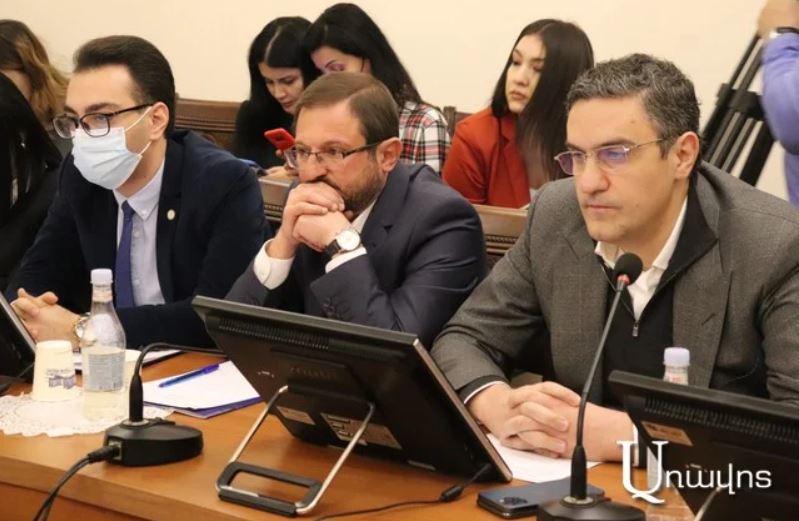There are two ways for the opposition to work in the National Assembly in Armenia. They can either say to the representatives of the government, “you are a criminal, an enemy and a traitor, we have no problems to discuss with you, and we use the NA podium only to ‘insult’ you.” Opposition MP Nikol Pashinyan, among others, did so. Do you remember, for example, his extremely convincing speeches against the “oligarchy”? For example, I liked those speeches. Indeed, the previous government sought luxuries at the expense of taxpayers, in particular, by buying expensive things. Of course, the question arises whether Pashinyan’s government, which came to power in that respect, differs in any way from the previous team, but this issue has nothing to do with the parliamentary tactics of the opposition. It should be noted that the above-mentioned tactics in our country deserve the praise of the opposition electorate.
There is also a second way for the opposition to work in parliament, which is also accepted in developed countries. Opposition MPs take part in the discussion of bills, make proposals, and try to find optimal solutions to issues with other MPs. The complaining electorate of Armenia does not like such behavior. These citizens, as well as extra-parliamentary oppositionists and publicists and Facebook status writers, are beginning to accuse the parliamentary opposition of “secret agreements,” “collaborationism,” and even being “sellouts.” The culture of political dialogue has obviously not been formed in Armenia. “What should we talk about with them?” The “conflicting” parties shout in anger in response to the offer of dialogue.
Today’s parliamentary opposition is mainly inclined to the first option. By that logic, what kind of dialogue can there be with the “capitulation” team? But that logic is contradicted by the permanent nomination of Artur Ghazinyan, Candidate of Juridical Sciences and YSU Associate Professor, to the post of Deputy Speaker of one of the NA committees, a position for which Mr. Ghazinyan, in my opinion, is “overqualified” in English. It is not clear what problem the opposition solves with that. If not nominating another candidate is a matter of principle for them, then, in the end, let that insignificant position remain vacant. Or if they give it to a Civil Contract member, the world will not fall apart.
I do not see any politics in this story. I see the “persistence” of two people, Kocharyan (Robert) and Pashinyan, to put it mildly. When two stubborn creatures meet on a bridge and do not give way to each other, all the “traffic” near the bridge is blocked.
Read also
Aram Abrahamyan




















































